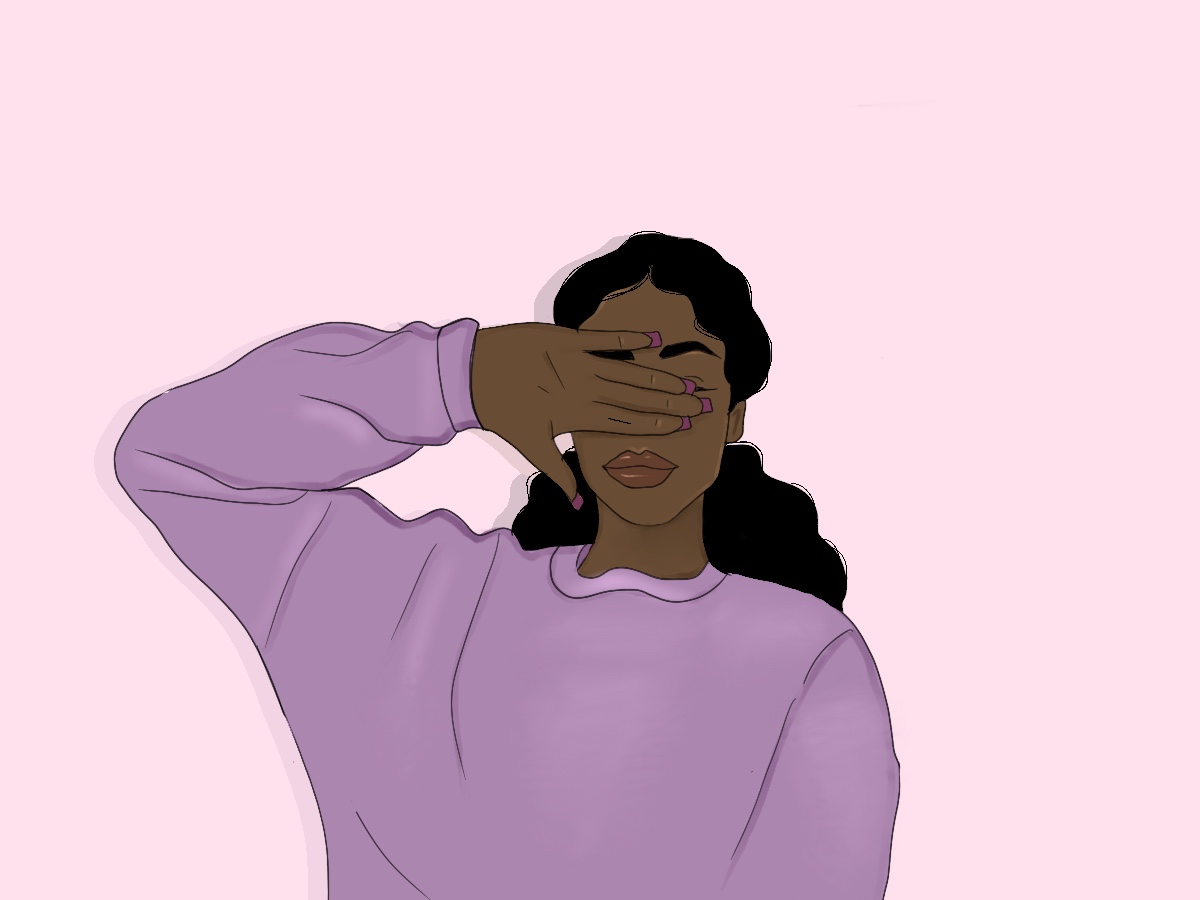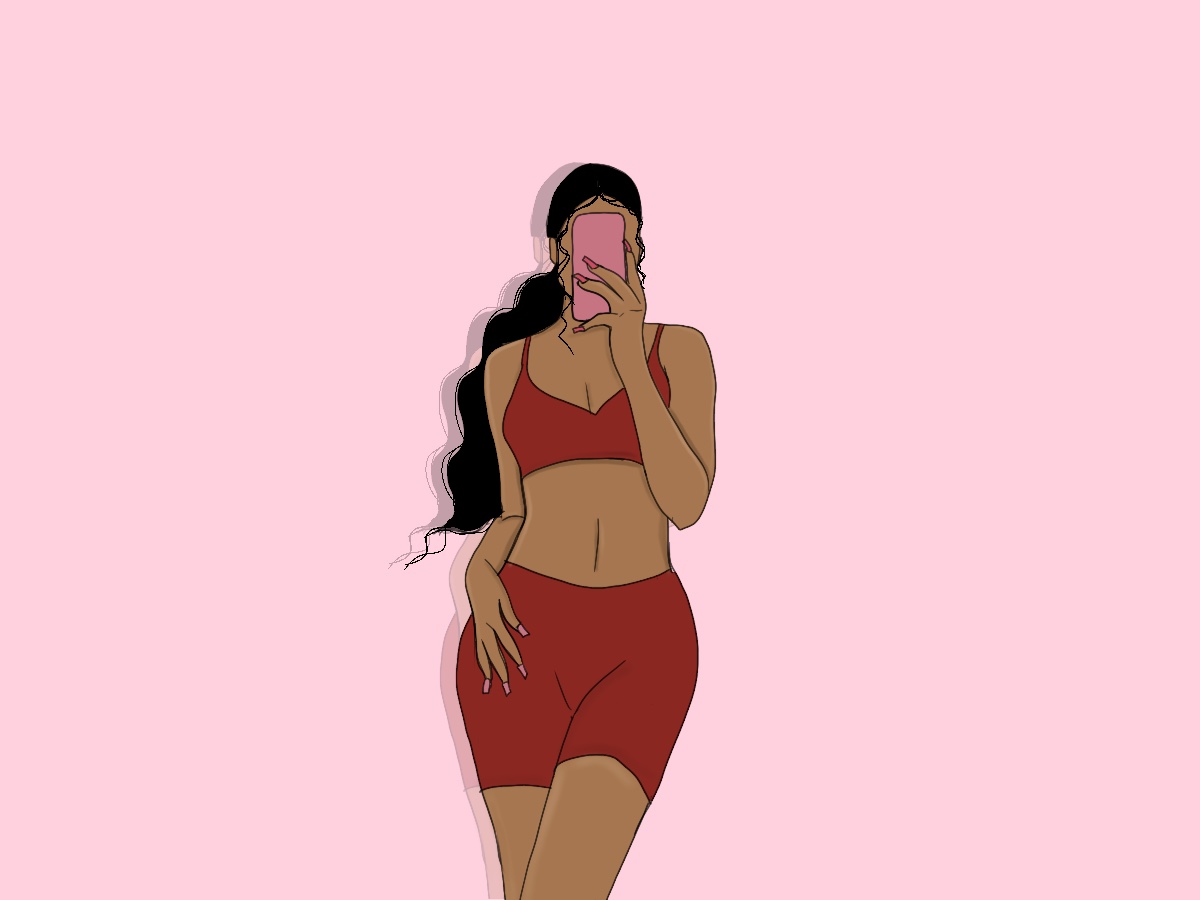Objectification vs. empowerment: the debate that has been heavily dominant in feminism. Situated in third-wave feminism, this debate centred around my master’s dissertation and has practically infiltrated everything I do, particularly everything I post on Instagram. It even came to my mind’s forefront with my most recent blog post: a short story centred around female pleasure.
I used a slightly more provocative photo of myself than I’d usually consider as it seemed fitting to my blog post. Yet this resulted in far more attention than any of my other posts have received, mainly from men. A series of conflicting questions and statements entered my mind: have I used my body for views? Maybe I should be? I like the photo, it makes me feel good, so why not? But am I submitting to the notion that women’s bodies are objects of consumption? Am I, in a way, selling my body in return for views?
This debate can be discussed for hours with no resolution. For every argument that posting that photo is empowerment, there’s a counterargument that it’s objectification. How do we, as individuals, decide if we feel empowered or objectified when posting photos online? Is it to do with how we feel towards the photo? Or is it to do with other people’s perceptions of the photo?
Even though I feel empowered, it does not stop the gaze of others from turning me into an object. So am I conforming to the idea that my body is an object, allowed to be looked upon in an overly-sexualised manner? This article will hopefully shed light on the intricacies and difficulties of women posting images on social media and the internal battle that can ensue.
Women claiming back control vs. men using women for their pleasure and consumption
We’ve entered the fourth wave of feminism, in which the objectification vs. empowerment debate is still incredibly relevant, especially with sites such as OnlyFans that tread a thin line between objectification and empowerment. Women are selling their bodies in return for monetary value from men. They feel the power is in their hands as they claim back control over what is viewed and how it is viewed.
Yet another argument would state that it is not a power transfer but, in fact, the male ‘gazer’ who still holds this power. The man requests these images or videos, and the woman responds. In this way, she is still an object. She is conforming to the idea that men can buy women and their bodies for their pleasure and consumption, whilst claiming it is empowering.
Now, I have no intention of ever selling my pictures online. Yet this debate entered my mind when I viewed my photos. I was struck with a great sense of empowerment. I felt confident, sexy and powerful. My body looked good and I felt good. However, this photo was taken by my boyfriend. He liked it. Did I only like it and feel confident because he complimented me? I knew I looked good because he wanted me. Can that really qualify as empowerment?
A woman’s body should not pose the threat of ridicule

Regardless of these thoughts, the photo worked well with the post. I wanted to use it. It’s my body so I am going to choose who sees it and how they see it. But I’m not choosing who sees it – anyone can. Was it okay for me to post this kind of photo on the internet if anyone can see it?
Would I be judged? Why would I be judged? It’s only my bum. My body. That’s hardly a judge-worthy cause. A woman’s body should not pose the threat of ridicule. But it was a slightly provocative image. Maybe that’s the issue? But surely demonstrating sexual pleasure shouldn’t be an unheard thing for a woman to do. I was writing about it, so it made sense to choose a photo that fitted.
After posting, I received numerous messages from men I hadn’t spoken to in a long time, if ever. Some replies were commenting on my body. Others said that they read the short story because of the content, which then led a few to read the rest of my posts. Perhaps the best way for me to promote my writing is to start using provocative photos of myself. If it’s going to get people to read it, maybe it’s a good idea. But by the same token, I want people to read my work because it’s good and engaging, not because my body has intrigued them.
My body, my choice
I understand I was writing about sex so to view this in a more sexualised manner, as well as the photo, makes sense. It is a sexual image. But do I want to be sexualised? I think there’s a difference between being seen as a person who enjoys sex, rather than being sexualised. For me, this is where the difference lies in posting this photo. I felt sexy. Powerful. In control. I didn’t want that taken away from me by a man who decided I was going to be an object of sexual consumption. That is not what I am. I am a human – I am sexual, but I am not to be sexualised.
I stand by my decision to post the photo I chose to accompany my post as I did not intend to use it to gain more views. But even if I was, and I felt happy with that, then power to me. We should not shame women for posting photos or videos of their bodies. But by the same token, if they do not then that is okay too.
I think all this debate comes down to is the mantra, ‘my body, my choice’. We should have free reign to display our femininity and sexuality however we so wish, without the risk of sexualisation alongside it. This comes down to an inbuilt patriarchal construct of how society views women and one that can only change by breaking down those views.
Find more feminism articles here >
Written by Megan Phillips
Illustrated by Francesca Mariama

